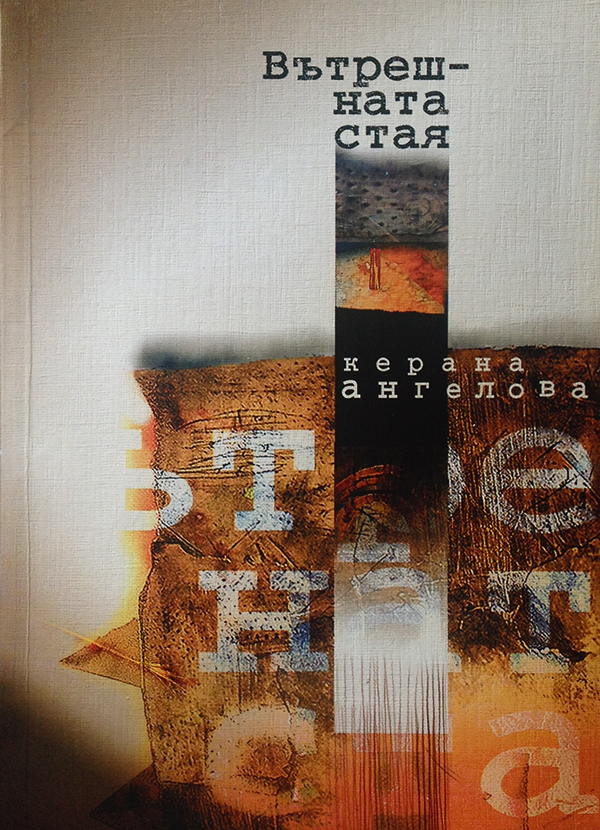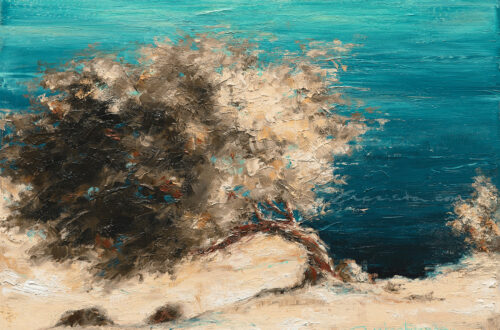„Даровете на несъвършенството“
След като изгледах няколко видео материала на Брене Браун, не можах да се стърпя и намерих две от книгите й. За мен нещата определено не са нови, но е изумително как някой ги систематизира (след години изследвания) и ти ги хвърля в лицето, пък ти ако имаш смелост, нищи и анализирай себе си…
“It’s as simple and complicated as this: If we want to fully experience love and belonging, we must believe that we are worthy of love and belonging.”
“We cultivate love when we allow our most vulnerable and powerful selves to be deeply seen and known, and when we honor the spiritual connection that grows from that offering with trust, respect, kindness, and affection.
Love is not something we give or get; it is something that we nurture and grow, a connection that can only be cultivated between two people when it exists within each one of them—we can only love others as much as we love ourselves.
Shame, blame, disrespect, betrayal, and the withholding of affection damage the roots from which love grows. Love can only survive these injuries if they are acknowledged, healed, and rare.
Belonging is the innate human desire to be part of something larger than us. Because this yearning is so primal, we often try to acquire it by fitting in and by seeking approval, which are not only hollow substitutes for belonging, but often barriers to it. Because true belonging only happens when we present our authentic, imperfect selves to the world, our sense of belonging can never be greater than our level of self-acceptance.”
“Choosing authenticity is not an easy choice. E. E. Cummings wrote, “To be nobody-but-yourself in a world which is doing its best, night and day, to make you everybody but yourself—means to fight the hardest battle which any human being can fight—and never stop fighting.” “Staying real” is one of the most courageous battles that we’ll ever fight.”
“Courage is telling our story, not being immune to criticism. Staying vulnerable is a risk we have to take if we want to experience connection.”
“Perfectionism is a self-destructive and addictive belief system that fuels this primary thought: If I look perfect, live perfectly, and do everything perfectly, I can avoid or minimize the painful feelings of shame, judgment, and blame.”
“Perfectionism is addictive because when we invariably do experience shame, judgment, and blame, we often believe it’s because we weren’t perfect enough. So rather than questioning the faulty logic of perfectionism, we become even more entrenched in our quest to live, look, and do everything just right.”
“We cannot selectively numb emotions. When we numb the painful emotions, we also numb the positive emotions.”
“To love someone fiercely, to believe in something with your whole heart, to celebrate a fleeting moment in time, to fully engage in a life that doesn’t come with guarantees—these are risks that involve vulnerability and often pain. When we lose our tolerance for discomfort, we lose joy.”
“We seem to measure the value of people’s contributions (and sometimes their entire lives) by their level of public recognition. In other words, worth is measured by fame and fortune. Our culture is quick to dismiss quiet, ordinary, hardworking men and women. In many instances, we equate ordinary with boring or, even more dangerous, ordinary has become synonymous with meaningless.”
“In our increasingly complicated and anxious world, we need more time to do less and be less. When we first start cultivating calm and stillness in our lives, it can be difficult, especially when we realize how stress and anxiety define so much of our daily lives. But as our practices become stronger, anxiety loses its hold and we gain clarity about what we’re doing, where we’re going, and what holds true meaning for us.”
“No matter what gets done and how much is left undone, I am enough. It’s going to bed at night thinking, Yes, I am imperfect and vulnerable and sometimes afraid, but that doesn’t change the truth that I am also brave and worthy of love and belonging.”
Книгата е издадена и на български език със заглавието „Даровете на несъвършенството“



